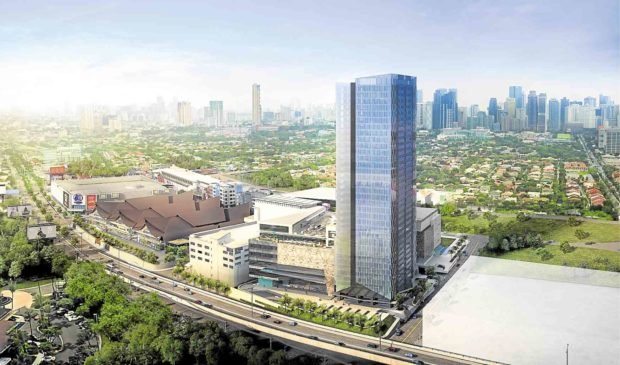
Coordinated policy and monetary responses from the Philippine government and central bank are likely to instill confidence in the property market before the end of 2020.
The Philippines’ economic growth potential for 2020 will be clipped by the impact of COVID-19. As it is, the Philippine economy grew by 5.9 percent last year, the slowest pace since the 3.7 percent recorded in 2011.
In our opinion however, coordinated policy and monetary responses from the Philippine government and central bank are likely to instill confidence in the property market before the end of 2020, assuming that the outbreak peaks in the first half of 2020.
In light of ongoing developments, Colliers offers recommendations on how property developers can better respond to the impact of COVID-19 on the economy and the country.
Residential
Colliers expects softer demand due to increasing unemployment or declining remittances from Filipinos abroad. Depending on the duration of the Luzon quarantine, prices in the secondary market will likely soften to their pre-selling levels. Demand in business districts that mainly house offshore gaming companies from China (e.g the Bay Area) are also likely to decline particularly if the travel ban continues.
During this period, property developers should highlight property management as it is crucial to the health and safety of the buildings and unit owners, as well as offer more flexible terms to attract buyers.End-users and investors meanwhile can take advantage of the opportunity presented by better pricing for both the pre-selling and secondary markets. Look for units in the fringe areas where there is still potential for capital value appreciation and where price increases have been due to end-user demand.
Office
Colliers sees inspection activity to likely decline resulting in lower take-up of office spaces in the first half of 2020. A slower macroeconomic environment is likely to hinder traditional occupants’ expansion plans and we expect demand to recover in the second half of 2020 at the earliest. We also anticipate slower expansion from Philippine offshore gaming operators (POGOs) and traditional occupants due to travel bans imposed by Chinese and Philippine governments and Luzon quarantine.
Occupiers should take this opportunity to look at new buildings in fringe locations where rents are cheaper than in major central business districts (CBDs)—the time is right for them to negotiate long-term leasing deals. Landlords meanwhile should proactively attract traditional or outsourcing tenants for space vacated by the POGOs. They should target likely resilient sectors such as pharmaceuticals and technology, and work with existing tenants to provide flexible lease terms while maximizing wellness features and prioritizing wellness certifications.
With the right strategies in place, property developers can better respond to the impact of COVID-19 on the economy and the country.
Retail
Luxury retail is expected to feel the immediate pinch due to decline in tourist arrivals, especially those coming from China and South Korea, the Philippines’ major source markets. Domestic consumption is also likely to weaken in the near term, with recovery in demand likely to depend on any government stimulus. However, the online retailers, including those with food and beverage (F&B) deliveries and pharmacies, should benefit during this period.
Colliers recommends to retailers to implement online-to-offline strategy. Smaller tenants should maximize their tie-ups with e-commerce operators and platforms. Retailers could also target senior citizens who are embracing online shopping. Landlords meanwhile should provide short-term rent concessions to support retailers as well as ensure and highlight hygiene standards in malls through good ventilation and adequate sterilization.
Hotel
The hotel sector is immediately impacted, with occupancies of only 35 percent according to our contacts from various hotel operators, down from the 71 percent occupancy at the end of 2019. This is even lower than our initial estimate of hotel occupancy of 63 percent, factoring in a significant drop in Chinese and Korean tourists in 2020 due to the travel bans. The meetings, incentives, conference and exhibitions (MICE) and banquet businesses are also affected due to community quarantines imposed across Luzon.
Colliers recommends to hotel operators to start lining up marketing efforts to recapture foreign and domestic tourists as the COVID-19 pandemic wanes. This is likely to be the first sector to benefit from a government-initiated stimulus package.
Hotel operators, retail establishments, and allied services should closely monitor developments related to the proposed financial package from the government.